Penlon Taps Into Wartime Roots to Meet the UK National Health Service’s Plea for Mechanical Ventilators
Participation in an urgent, all-hands-on-deck program like the UK’s Ventilator Challenge is familiar territory for Penlon, a long-established medical device company.
“Back in 1943, there was a similar call to arms from the UK government,” said Mary Ryan, Director of Innovation, Technology and Regulatory Affairs at Penlon.
During World War II, the UK government needed large numbers of medical and surgical devices -- including a chloroform vaporizer -- for use by Allied troops on the battlefield.
In response, Hans G. Epstein and S.F. Suffolk of Oxford University developed the ESO (Epstein Suffolk Oxford) machine – an accurate, lightweight chloroform vaporizer designed to withstand a parachute drop. The equipment was produced for the Ministry of Supply by Longworth Scientific Instrument Company, which later evolved into Penlon.
“The entire essence of this wartime effort and collaboration has been in the DNA of our organization for years,” she said.
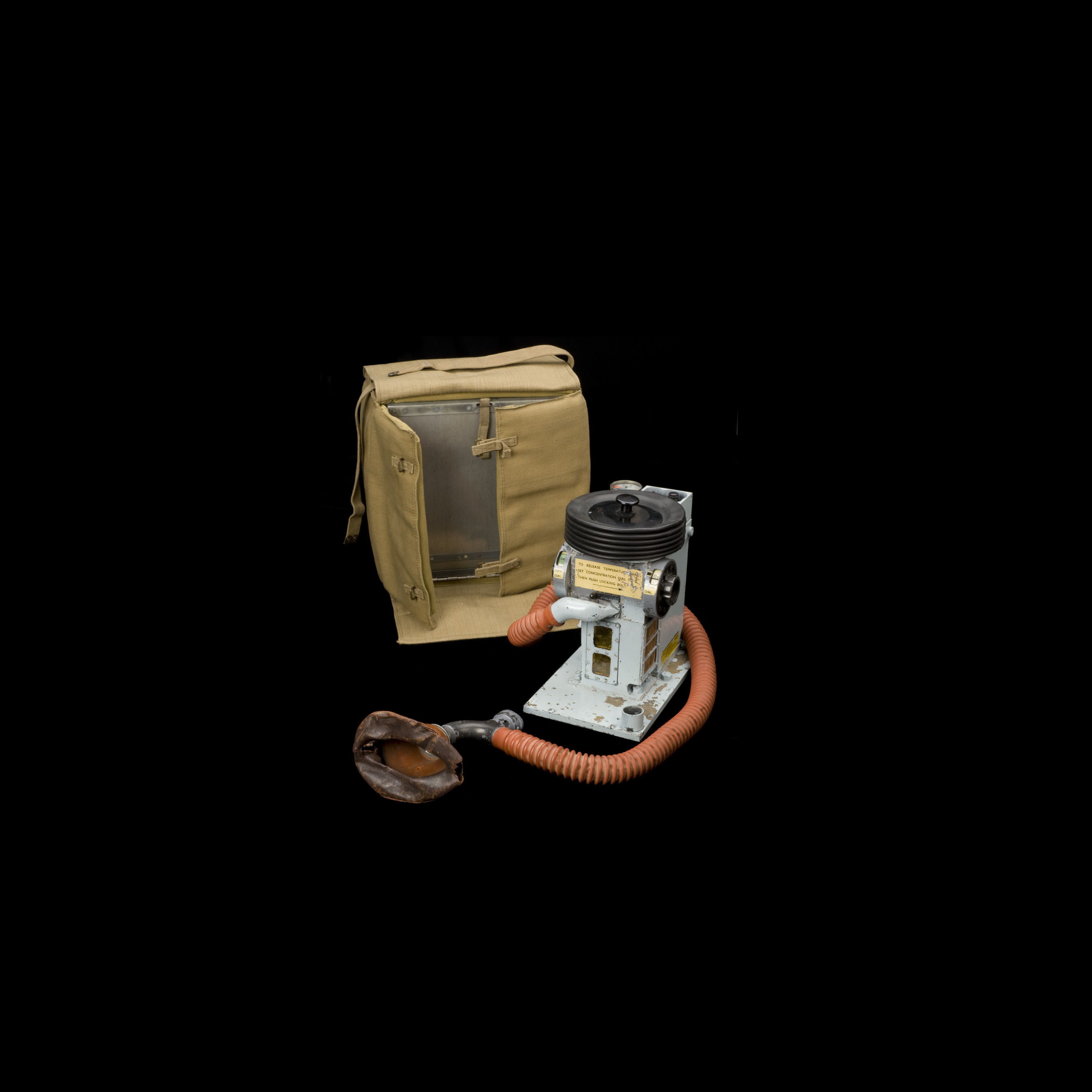
In the Trenches to Save Lives
When the UK Prime Minster called on industries to help the National Health Service (NHS) obtain enough mechanical ventilators for patients in need, Penlon responded immediately.
Within days, Ms. Ryan and the team presented their “best athlete,” a hybrid device fittingly called the ESO 2, to senior officials at the NHS. “We wanted to commemorate the brave efforts of our previous colleagues back in 1943,” she Ms. Ryan said.
After the NHS selected ESO 2 to move into production, Penlon targeted to deliver between 8,000 and 11,000 devices over 12 weeks. Under typical operations, Penlon would have hand-made only 10 ventilators per day.
As part of the VentilatorChallengeUK Consortium, Penlon was able to scale up with assistance from businesses across industries, including production support from manufacturing giants Siemens, Airbus and Ford Motor Company.
“The acceleration of production was exponential, and the amount of problem-solving on the way had to be a huge team effort,” Ms. Ryan reflected. “At our peak we were building 200 times faster than we’ve ever previously achieved at Penlon.”
On average Penlon produced 260 units per day, peaking at 402 units in a single day.
“Having that will-do culture really meant that we had universal acceptance of not working 9 to 5. We just did what we had to do. Many of us were working 18, 19, 20 hours a day. There was trust, and there was freedom and there was a lot of humor working in the trenches of this project,” said Ms. Ryan.
NSF is honoring leaders and innovators of the COVID-19 pandemic – including Mary Ryan and the team at Penlon.
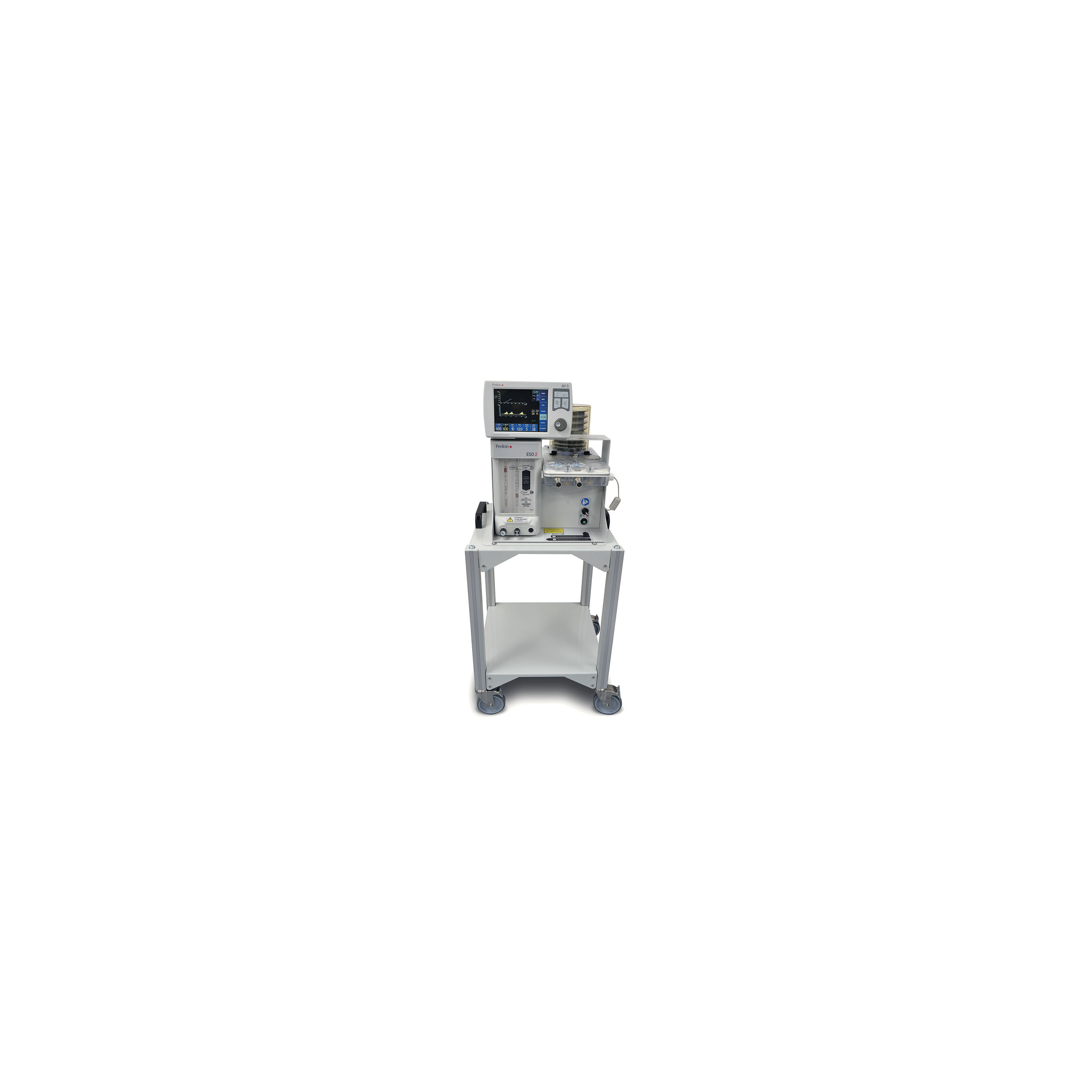
Share this Article
How NSF Can Help You
Get in touch to find out how we can help you and your business thrive.

What’s New with NSF
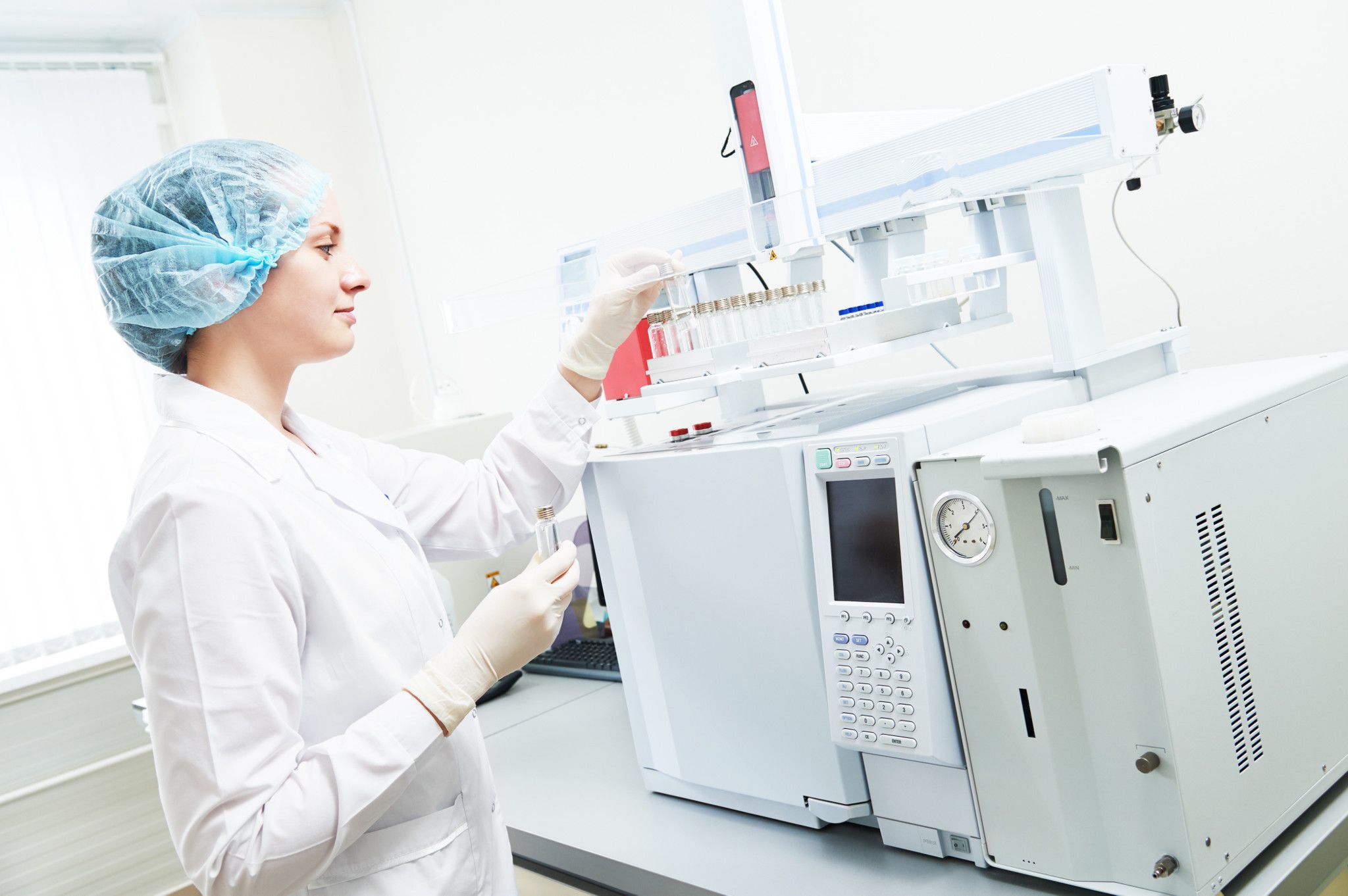
NSF Shanghai Named Critical Site for NSF/ANSI 455 and NSF/ANSI 173 by ANSI National Accreditation Board
July 26, 2024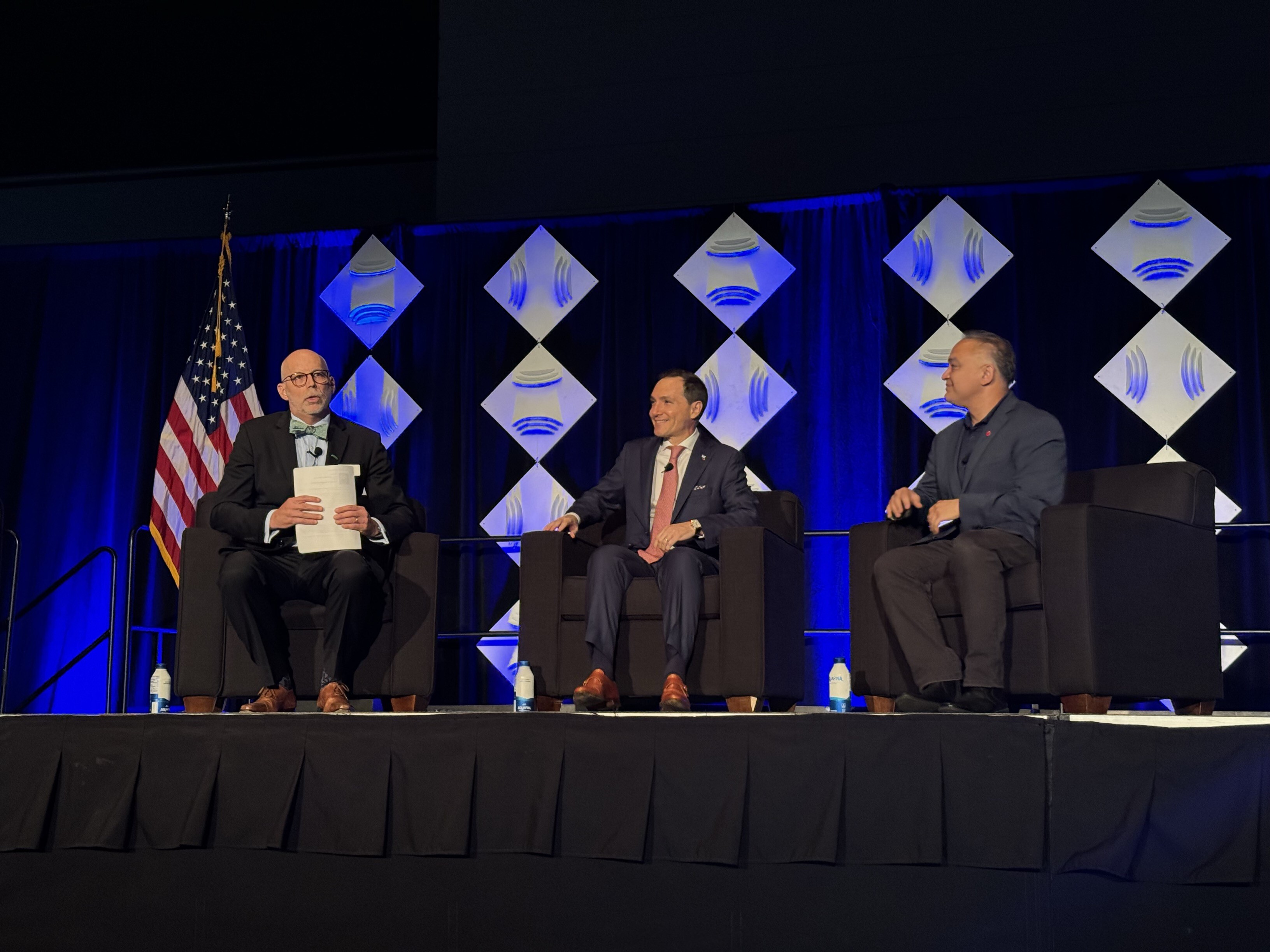
NSF Takes Center Stage at NEHA Annual Education Conference
July 25, 2024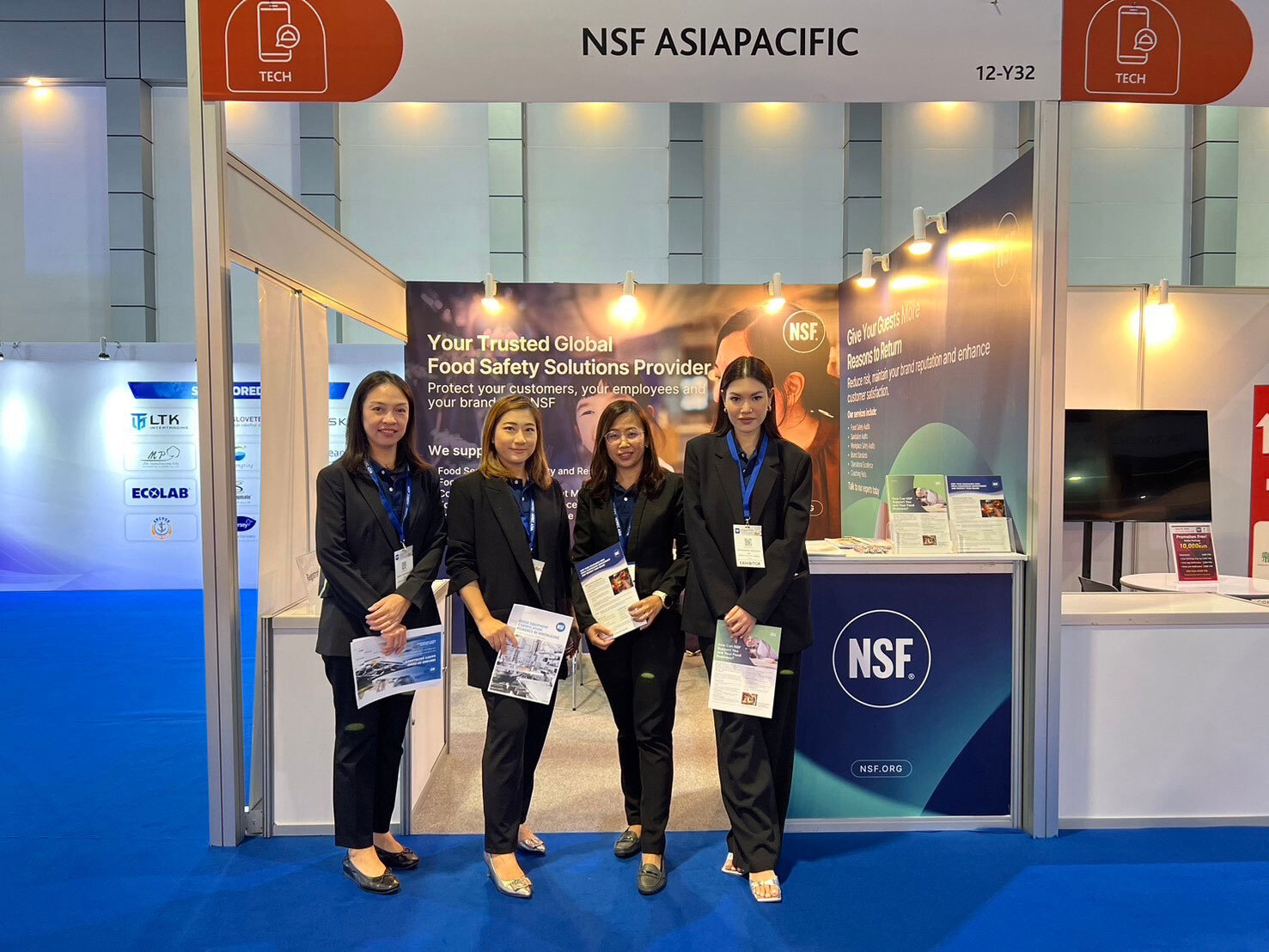
NSF Asia Pacific Showcases Hospitality Solutions at THAIFEX HOREC Asia 2024 in Bangkok, Thailand
July 4, 2024